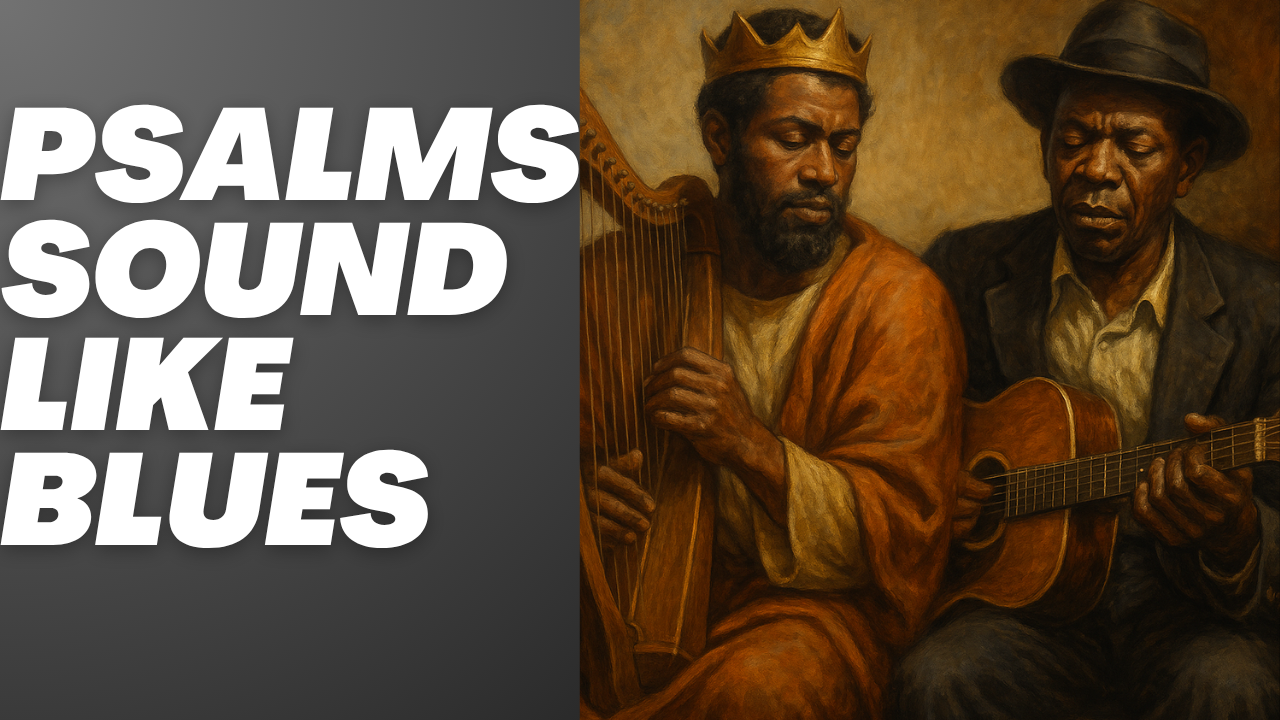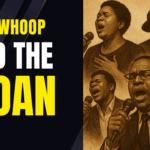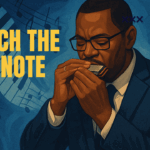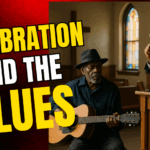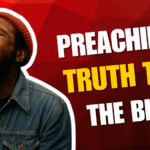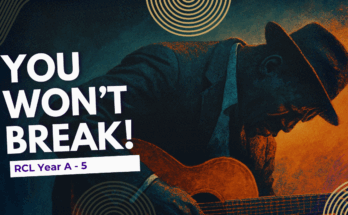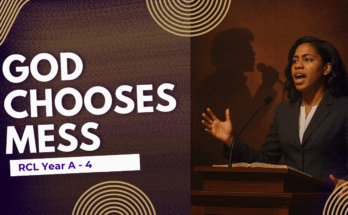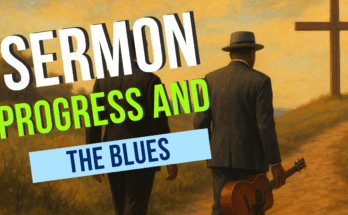As an Amazon Associate I earn from qualifying purchases.
If you’ve ever spent real time in the Psalms or the Prophets, you know they don’t sound like the neat, polished songs we often sing in church. They’re raw. They’re gut-level honest. At times they’re even angry.
When you sit with the Psalms and Prophets, you don’t find polite, cleaned-up language. You find people laying their hearts bare:
Mad at their enemies:
“Break the teeth in their mouths, O God; Lord, tear out the fangs of those lions!” (Psalm 58:6)
“Pour out your wrath on the nations that do not acknowledge you, on the kingdoms that do not call on your name.” (Psalm 79:6)
Mad at themselves:
“For I know my transgressions, and my sin is always before me.” (Psalm 51:3)
Jeremiah laments his own calling: “Cursed be the day I was born! May the day my mother bore me not be blessed!” (Jeremiah 20:14)
Mad at what has happened to them:
“By the rivers of Babylon we sat and wept when we remembered Zion.” (Psalm 137:1)
“He has walled me in so I cannot escape; he has weighed me down with chains.” (Lamentations 3:7)
Questioning God directly:
“How long, Lord? Will you forget me forever? How long will you hide your face from me?” (Psalm 13:1)
“Why, Lord, do you stand far off? Why do you hide yourself in times of trouble?” (Psalm 10:1)
Habakkuk dares to ask: “How long, Lord, must I call for help, but you do not listen? Or cry out to you, ‘Violence!’ but you do not save?” (Habakkuk 1:2)
This is the spiritual honesty of the Psalms and Prophets: they cry out from the pit without cleaning themselves up first.
And that’s why they sound a lot like the blues.
1. The Blues and the Psalms Tell the Truth About Pain
The first thing the blues does is tell the truth. It doesn’t soften the edges or pretend things are better than they are. The Psalms and Prophets do the same thing.
Psalm 13 opens with a question most of us have whispered at some point:
“How long, O Lord? Will you forget me forever?
How long will you hide your face from me?” (Psalm 13:1)
That’s not polite church language. That’s real. And it sounds a lot like B.B. King in “The Thrill Is Gone”:
“The thrill is gone, the thrill is gone away,
You know you done me wrong,
And you’ll be sorry someday.”
The psalmist cries out about God’s silence. B.B. grieves the death of love. Both voices name a loss that feels too heavy to carry.
Psalm 42 is just as unfiltered:
“My tears have been my food day and night,
while people say to me all day long, ‘Where is your God?'” (Psalm 42:3)
B.B. King sings a similar lament in “Chains and Things”:
“I sit and I wonder, will I ever be free?
Will I ever see my home again?”
Different words, same energy. Both refuse to downplay the pain.
2. The Blues and the Prophets Give Voice to Collective Wounds
The blues isn’t just one person’s story. Even when it’s one singer on stage, the whole community’s pain is in the song. The Psalms and Prophets work the same way.
Psalm 137 is one of the most haunting passages in scripture:
“By the rivers of Babylon we sat and wept
when we remembered Zion.” (Psalm 137:1)
This isn’t just one person crying. It’s a whole people grieving their home in exile.
Muddy Waters captured that same ache in “I Feel Like Going Home”:
“I’m gonna leave this city,
Workin’ my hands to the bone,
I don’t want no trouble,
I just feel like going home.”
And then there’s Jeremiah. In the middle of his calling, crushed by the weight of it, he says:
“Cursed be the day I was born!
May the day my mother bore me not be blessed!” (Jeremiah 20:14)
That’s not just Jeremiah talking. That’s the voice of a community under empire, a people who have been through too much for too long.
B.B. King knew that kind of downheartedness. In “How Blue Can You Get?” he sings:
“I’ve been downhearted, baby,
Ever since the day we met.”
Both Jeremiah and B.B. channel a collective wound. They give others permission to name their own pain.
3. The Blues and the Psalms Hold On to a Flicker of Hope
A lot of folks think the blues is hopeless, but that’s not true. The blues is honest about the pain, but it refuses to let the pain have the last word.
Psalm 22 is a perfect example. It begins with the most famous lament in the Bible:
“My God, my God, why have you forsaken me?” (Psalm 22:1)
But if you read to the end, hope begins to break through:
“You who fear the Lord, praise him!
For he has not despised or scorned
the suffering of the afflicted one.” (Psalm 22:23-24)
Blind Willie Johnson’s “Dark Was the Night, Cold Was the Ground” captures the same feeling. There are no lyrics—just moaning and slide guitar—but you can feel it. The pain is real, but the song itself is proof that hope is still alive. If you can sing, even through tears, you’re still here.
What This Means for Us
The Psalms and Prophets sing the blues because real faith doesn’t skip over pain. It faces it. It names it. And it lays it before God.
The blues teaches us three things we can’t afford to forget:
Tell the truth about pain. Don’t dress it up for Sunday.
Give voice to collective wounds. Our struggles are connected to the struggles of our people.
Hold on to a flicker of hope. Even if it’s faint, hope keeps us breathing.
That’s why the church still needs the blues. Because if we can’t name what’s broken, we’ll never celebrate what God is making new.
The Psalms and the Prophets remind us that God can handle our questions, our anger, and our grief. And like the best blues songs, they show us that lament can become a doorway to deeper faith.
So Yes…
The Blues and the Prophets sound like they reading from the same book…..because often, they are doing the same things….
Amazon and the Amazon logo are trademarks of Amazon.com, Inc, or its affiliates.

